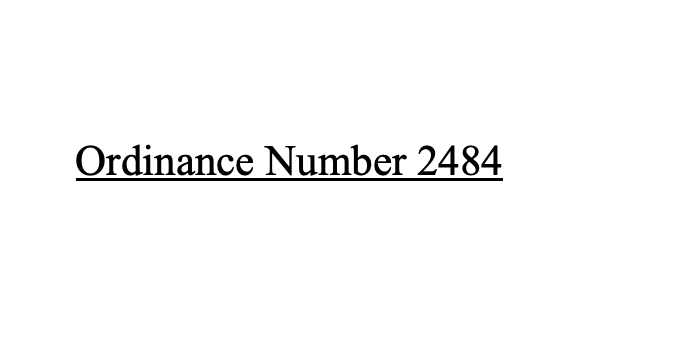SANTA MONICA—A three-judge panel on behalf of the U.S. Ninth Circuit of Appeals rejected a complaint filed by Santa Monica resident Arlene Rosenblatt on the basis that Santa Monica vacation rental ban “hindered commerce in violation of the federal Constitution” on Thursday, October 3.
Santa Monica’s ordinance prohibits property rentals of 30 days or less with an exception for rentals where a primary resident remains in the dwelling.
By enacting ordinance 2484, the Santa Monica City Council sought to preserve the city’s “available housing stock and character and charm which result from cultural, ethnic, and economic diversity of its resident population.” They believed that “Its unique sense of community which derives from residents active participation in civic affairs, including local government, cultural events, and educational endeavors.”
The city council stated that “vacation rentals are detrimental to the community’s welfare and are prohibited by local law, because occupants of such vacation rentals, when not hosted, do not have any connections to the Santa Monica community and to the residential neighborhoods in which they are visiting.” The Santa Monica City Council indicated that the presence of such visitors within the city’s residential neighborhoods have the ability to disrupt the quietude and residential character of the neighborhoods.
According to courthouse documents released by the United States Court Of Appeals, Rosenblatt rented her home on Airbnb for $350 a night, whenever she and her husband vacationed, prior to the rental ordinance that passed in 2015. Rosenblatt argued that the ordinance violated the dormant Commerce Clause, which “denies the States the power unjustifiably to discriminate against or burden the interstate flow of articles of commerce.” She attested that the ordinance directly and indirectly regulated and burdened interstate commerce because 95 percent of Santa Monica vacation rentals involve an out-of-state party.
The panel of judges argued that the ordinance was not a per se violation of the dormant Commerce Clause because it does not directly regulate interstate commerce. They stated that, “At most, the ordinance has an interstate effect because it makes travel lodging to Santa Monica less accessible, available and affordable. The ordinance penalizes only conduct in Santa Monica, regardless of whether the visitors are in- state or out-of-state.”
The panel rejected Rosenblatt’s argument that the ordinance violates the dormant Commerce Clause by directly regulating booking and payment transactions. They argued that the ordinance applies evenhandedly and does not directly restrain interstate commerce, even though it may regulate transactions with an interstate component.
The panel of judges further stated that,”Nothing in the ordinance suggested that its advertising ban was intended to have extraterritorial application.”






